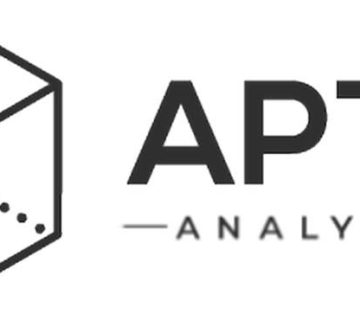The past couple of years have witnessed the cropping up of AI solutions across various sectors. Businesses have been leveraging AI tools to reduce costs, increase efficiency, and occasionally improve bottom lines.
In a survey Forbes ran on the application of AI in the workforce, a whopping 64% of respondents anticipate that AI will improve customer relationships and increase productivity, while 60% believe that it will drive sales growth.
With the prospect of AI solutions being hardwired into business processes today, we sat down with Flavio Villa, Chief Technology Officer of MENA-based fintech company Creed&Bear, to learn more about the potential and applications of AI in financial services and how Creed&Bear is poised to capitalize on it.
How do you envision the future of AI and its impact on the world of finance?
I believe that there will be stronger regulations surrounding generative AI and that the world will be taking them more seriously. I think everyone’s going to have an AI-driven competitive advantage, and that’s good. That’ll eventually push for more innovation.
In FinTech especially, AI will speed up the most repetitive, manual, and time-consuming work and also improve the probability of good quality output being generated.
Have you explored the potential applications of your AI technology beyond traditional sectors? If so, what other industries or domains do you see it being applied in?
What we have developed at Creed&Bear is basically an AI engine that is able to run on different data sets, which is currently being applied to crypto, but it can also be used to study weather data or other kinds of data sets.
So yes, we are able to scale our technology and our vision outside the traditional sectors because the capability of our AI to understand, process and clean data is unfathomably huge.
We have already explored the possibility of using our AI core engine outside the traditional sectors. For example, we ran a test where we were able to calculate the performance of a famous football player (from a very important fo
Go to Source to See Full Article
Author: Bridgit Murphy




